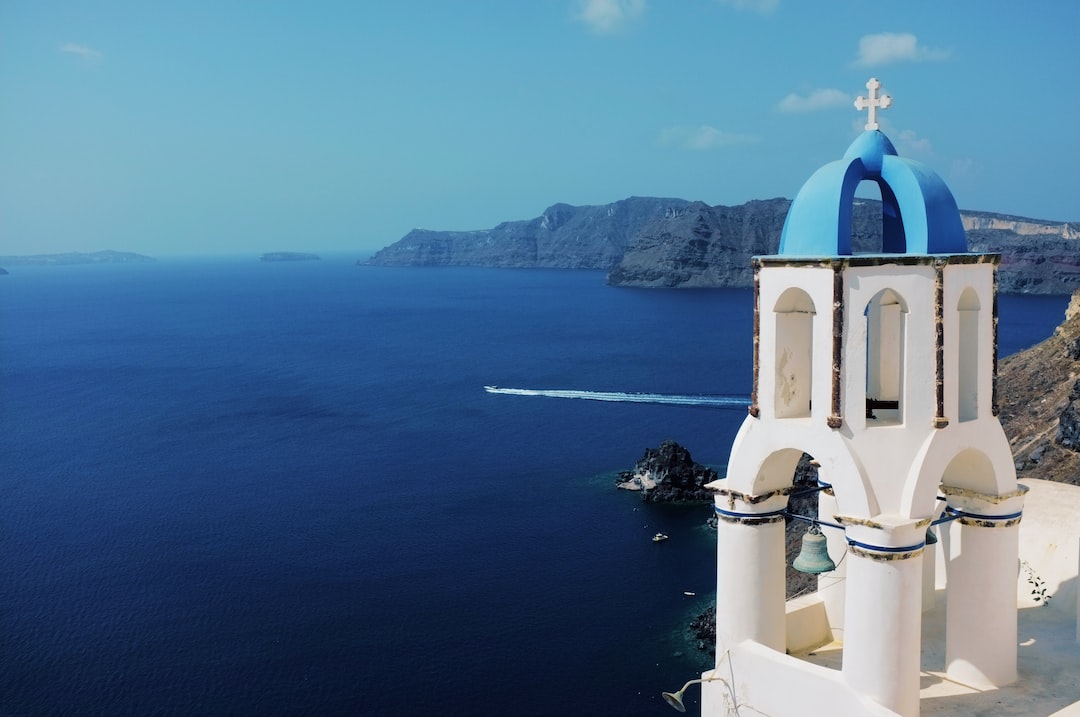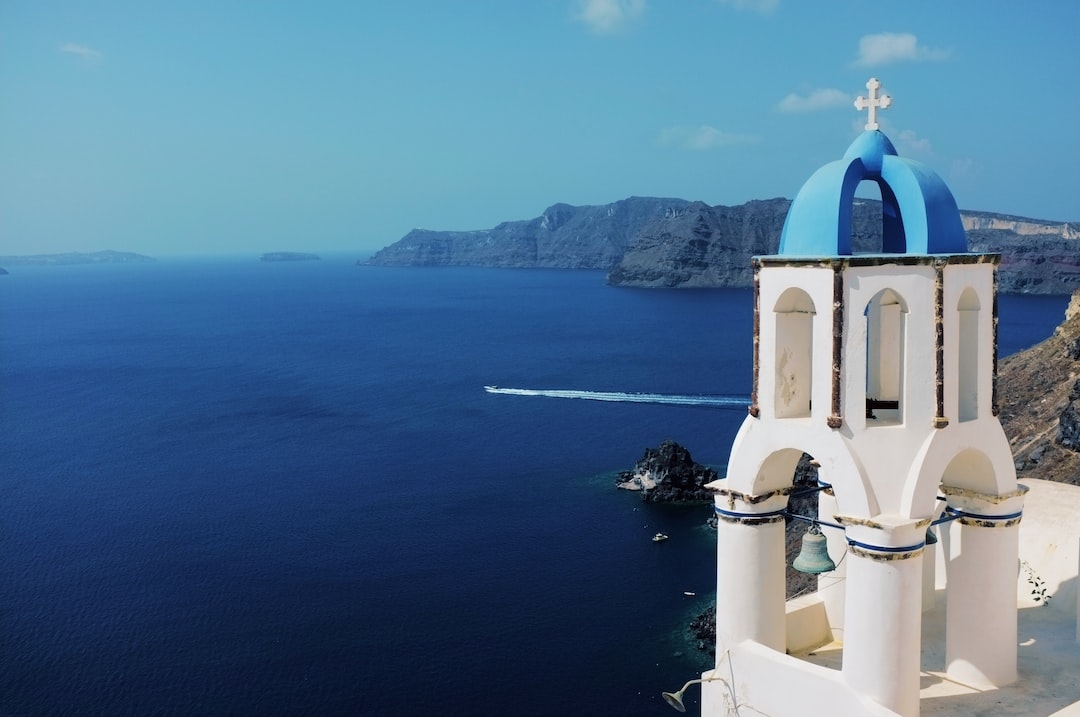The significance of Kakadu
Kakadu National Park, located in the Northern Territory of Australia, is not only an area of immense natural beauty but also a place of great cultural importance. For the traditional owners, the Bininj/Mungguy people, Kakadu is a sacred site that holds deep spiritual and cultural significance.
Connection to ancestral beings
According to Bininj/Mungguy oral traditions, Kakadu was created by ancestral beings during the Dreamtime, the Creation Period in Aboriginal belief systems. These ancestral beings, known as Creation Ancestors, formed the landscape, rivers, flora, and fauna of Kakadu. Their spirits are believed to still reside in the land, making it a sacred and living place.
A living cultural landscape
Kakadu National Park is not just a static place of historical importance; it is a living cultural landscape. The Bininj/Mungguy people continue to practice their cultural traditions and ceremonies within the park. These ceremonies are deeply tied to the land, and they ensure the ongoing strength and vitality of the cultural heritage of the traditional owners.
Biodiversity and cultural heritage
Kakadu’s significance extends beyond its cultural importance. It is a UNESCO World Heritage site due to its outstanding natural and cultural values. The park is home to a wide range of ecosystems, including floodplains, woodlands, and monsoon forests, supporting a high level of biodiversity. The preservation of Kakadu as a sacred site contributes to the protection of its unique flora and fauna.
Preserving ancestral traditions
The recognition of Kakadu as a sacred site helps protect the cultural integrity and identity of the Bininj/Mungguy people. It allows future generations to connect with their ancestral traditions and reinforces the importance of preserving and respecting Indigenous cultures.

Challenges and collaborations
Kakadu’s status as a sacred site presents both challenges and opportunities. The park faces threats from climate change, invasive species, and unsustainable tourism practices. However, collaborative efforts between the traditional owners, park management, and scientific researchers are being made to mitigate these challenges while promoting sustainable tourism and conservation practices.
Visitor experiences and education
Visitors to Kakadu National Park have the opportunity to learn about the cultural significance of the site through guided tours, interpretive signage, and cultural events. These experiences not only provide a deeper understanding of the cultural heritage but also foster respect and appreciation for the land and its traditional custodians.
Kakadu National Park is more than just a beautiful natural landscape; it is a sacred site that holds immense cultural, spiritual, and environmental significance. By recognizing and respecting its importance, we can contribute to the preservation of Indigenous cultures, the protection of biodiversity, and the sustainable management of this precious area.
